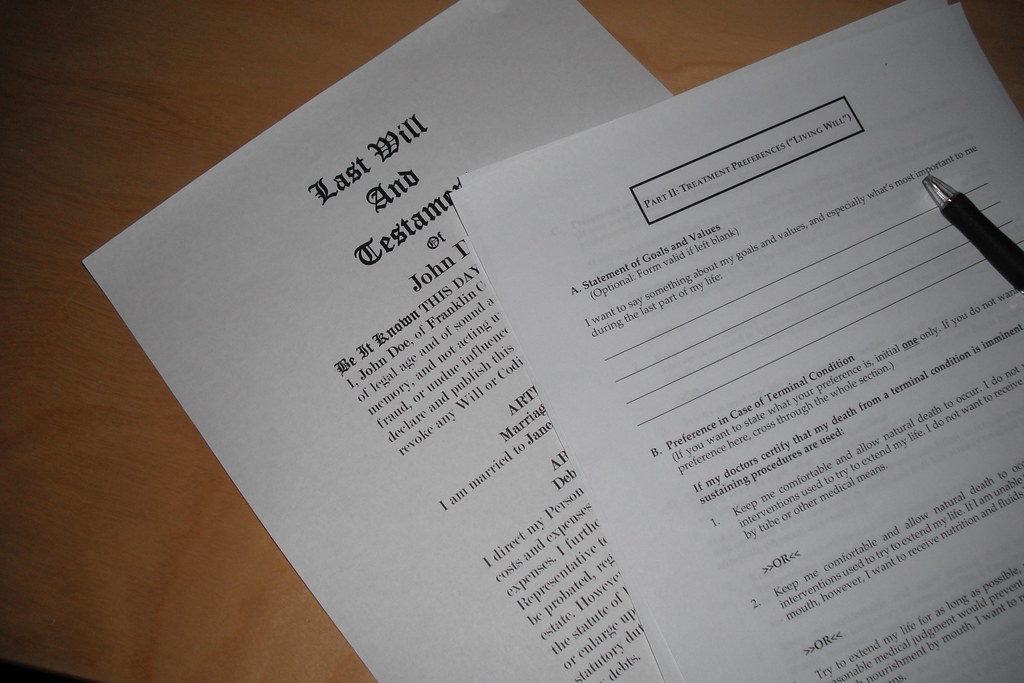
The Powers of Attorney Act has recently been updated with amendments which affect the process of making an LPA, as well as the rules around objections to the registration of an LPA. This blog outlines the changes and what you need to know if you are thinking of making an LPA.
What is an LPA?
A lasting power of attorney (LPA) is a legal document that allows you to appoint one or more people (your attorneys) to make decisions on your behalf if you lose mental capacity.
There are two types of LPAs:
- Property and financial affairs: this allows your attorneys to make decisions about your money, property, and other financial affairs; and
- Health and welfare: this allows your attorneys to make decisions about your healthcare, personal care, and accommodation.
Who governs LPAs?
LPAs are governed by the Mental Capacity Act 2005 (MCA 2005) and are registered with the UK Office of the Public Guardian (OPG).
What are the requirements of an LPA?
To make an LPA, you must be over 18 years old and have mental capacity. You must also choose one or more attorneys who are over 18 years old and have mental capacity.
What are the new LPA changes?
The Powers of Attorney Bill (Bill), which was approved by Parliament and recently received Royal Assent, will make substantial changes to the LPA procedure. The key updates of the Bill are:
1. Registering the LPA: only the donor (the person making the LPA) will be able to register the LPA. This is to prevent anyone else from registering the LPA without the donor’s consent. The registration will be regulated with new identity verification requirements to prevent fraudulent behaviour.
2. Objections: third parties (people who are not named in the LPA) will be able to make objections to the registration of an LPA. The OPG will be able to register the LPA if they are satisfied that there is no evidence to support the objection. If there is evidence to support the objection, the OPG will only be able to register the LPA if directed to do so by the Court of Protection.
3. Digital LPAs: the Bill introduces a new digital process for creating and registering LPAs. This will make it more convenient for people to make LPAs as errors can be fixed online, while ensuring verification requirements are done without the need for posting documents. For those who wish to apply using offline forms, the paper application system has also been updated for easier understanding and a streamlined form.
Making an LPA
If you are thinking about making an LPA, the first thing you should do is seek legal advice. A solicitor will be able to explain the different types of LPAs in detail and help you to choose the right type of LPA for your needs. They can also assist you in completing the LPA form correctly.
It is important to note that an LPA is a legal document, so drafting it correctly is vital. Please contact our wills & probate team on 020 3588 3500 to discuss your LPA requirements.

Table of content
Recent Posts
Cryptoasset Tax Changes From January 2026
The world of cryptoassets is in a constant state [...]
UK Housing Market – 2025 Update
Buying your first home in the UK is not a [...]
Can You Put Digital Assets In A Trust? – How To Protect Your Digital Estate
In an era where our lives are increasingly played out [...]






